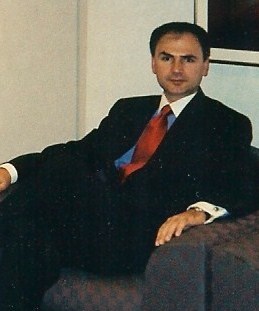A Quote by Dejan Stojanovic
We forget old stories, but those stories remain the same.
Related Quotes
I suppose the other thing too many forget is that we were all stories once, each and every one of us. And we remain stories. But too often we allow those stories to grow banal, or cruel or unconnected to each other.We allow the stories to continue, but they no longer have a heart. They no longer sustain us.
What does it matter, if we tell the same old stories? ...Stories tell us who we are. What we’re capable of. When we go out looking for stories we are, I think, in many ways going in search of ourselves, trying to find understanding of our lives, and the people around us. Stories, and language tell us what’s important.
The earliest influence on me was the movies of the thirties when I was growing up. Those were stories. If you look at them now, you see the development of character and the twists of plot; but essentially they told stories. My mother didn't go to the movies because of a religious promise she made early in her life, and I used to go to movies and come home and tell her the plots of those old Warner Brothers/James Cagney movies, the old romantic love stories. Through these movies that had real characters, I absorbed drama, sense of pacing, and plot.
The desire for story is very, very deep in human beings. We are the only creature in the world that does this; we are the only creature that tells stories, and sometimes those are true stories and sometimes those are made up stories. Then there are the larger stories, the grand narratives that we live in, which are things like nation and family and clan and so on. Those stories are considered to be treated reverentially. They need to be part of the way in which we conduct the discourse of our lives and to prevent people from doing something very damaging to human nature.
The Greeks used to use the same stories, the same mythology, time after time, different authors. There was no premium placed upon an original story, and indeed, Shakespeare likewise. A lot of people wrote plays about great kings. They didn't expect a brand-new story. It was what that new author made of the old story. It is probably the same now. We disguise it by inventing what seem to be new stories, but they're basically the same story anyway.







































